Mr. Pettey has been a history teacher for 24 years now, leaving meaningful impressions on the many students that he has taught. Personally, I can say that Mr. Pettey has turned me from a student that hated history to one that loves it so much, I’ll be majoring in it in college. As Mr. Pettey prepares to retire at the end of this school year, I sat down with him to get a reflection of his time as a teacher, learn more about him as a person, and discover what he looks forward to in retirement. Read on to see what Mr. Pettey had to say in response to my questions.
When did you decide you wanted to become a teacher? What inspired you to do so?
I wanted to be a teacher as I was coming out of high school. One of my history teachers in Westport, he was one of the teachers who inspired me to want to be a history teacher. Circumstances with my family, like when they sold our home, when my parents moved South, and money, set me off track. So, I went into a different field of construction where the money was way better. What got me back on teaching, at 35, I was learning that my body was breaking down because of all the sports that I did and because of working outside in the heat, in the cold, jumping on cranes, on the barges, all this stuff. I realized I needed to start using my head and not my body, so I switched careers.
What made you decide to be a history teacher specifically?
The inspiration from my high school history teachers that had such a passion for it got me into teaching. Once you get hooked on it, history itself is just a fascinating thing. Everything is connected to the past and the past can actually show you what the future looks like.
What were some of your favorite lessons to teach in history?
If I was doing Modern World History with the juniors, my favorite topic was World War I. That to me is one of the most fascinating events in history because in that event, they all [European countries involved in starting the war] were to blame for the war. Everybody tries to blame Germany, but they all were a problem. They had it all and they just wasted all the wealth and greatness that they had, or could have had, on such a destructive war. In US History, I loved teaching the American Revolution.
If a student asked you what the purpose of studying history was, what would you tell them?
The purpose of studying history is about learning why we are the way we are today from learning what we were in the past and then taking from what we’ve become and learning that this could actually be a predictor for the future. One of the examples is the Russo-Japanese War of 1905; the Japanese sneak attacked the Russian fleet in Korea. It’s the same tactic that they used in 1941 on America. If you looked back, you would have realized that this is how the Japanese do such things. You look back at the American Revolution, with the fight for taxation without representation. That whole fight of taxation today is still with us. With the Puritans that came together to Mass Bay, family units were bonded together by their religious beliefs and created these really strong families and communities, which is the bedrock of our society. You can see that throughout our history. Getting people to understand that Southerners aren’t inherently dumb; the way they developed with the plantation system, they were put behind educationally. You can understand more and break down these biases in our society.
If you could have a conversation with anyone in history, who would it be and what would you want to talk about?
I’d really like to sit with Southern plantation owners and try to understand how they could do this to human beings with how wrong it was. Especially for people who believed in “we hold these truths to be self-evident, that all men are created equal, that they are endowed by their Creator…” –because they were supporters of that, they fought in the Revolutionary War and their ancestors did–and yet, how they could keep fellow human beings in bondage. I would really try to wrap myself around that. It’s easy to go for the famous people, to say I’d sit and talk with Alexander Hamilton, but I just find that these were people who stood up for that, who were very religious, who were supposedly good Christians and yet, they did this to their fellow man. It almost led to one of the great tragedies, not only in our history, but it would have been in the history of the world, because had the United States ever split up, it would have changed everything.
What advice would you give to students who want to teach one day themselves?
Be prepared for a lot of work. Be prepared for a lot of change, especially with technology. I started with a green chalkboard and a piece of chalk and in 24 years we have gone from that to complete touch screens, which is something that is completely different. The students don’t really change, though. We think they do, but they don’t. It doesn’t matter if it was 24 years ago or today, students are capable of remarkable things; you just have to lead them to get them to understand that they can be remarkable. You have to get them to understand that you care for them and that everything you do for them is in their best interest. Once you can get them to buy into that, you will see that success.
What has been your favorite part of being a teacher?
For me, I’ve been lucky. I get the freshmen at a high level. They really don’t feel that they are capable, that they don’t have the academic maturity, even intellectually that their minds aren’t mature. To help them on that two way journey and watch them have success on that exam [the AP United States History Exam] and see that they have reached their potential. And then, to watch them over the next couple of years grow into everything that I knew they could be as freshmen. One of the toughest days I’ve had was when I finished up my last [AP] review with the sophomores because I’m not going to get to see them become what I know they can become. I’ll also miss the friendships I developed with my colleagues. Those are the two things that have been my favorite.
Which parts of retirement are you looking forward to most?
I look forward to spending more time with my wife. I’ve been in the workforce since I was 16 years old. So that’s fifty years. Even though I’ve been married forty out of those fifty years, you only see your spouse on weekends and maybe for two to three hours during the week when you’re both working. So, it’s not a lot of time and yet, in that time period you get married, you raise a family, you take care of the elderly, you bury your parents. So, I’ll spend some time with her. And then, I like to be outside. I spent half my career working outside. So, I like to be outside and walk, to just be at ease and at peace. Because of the work and the financial climb that my wife did, I’m going to be able to retire comfortably enough where I am going to be able to enjoy the things I like to do.


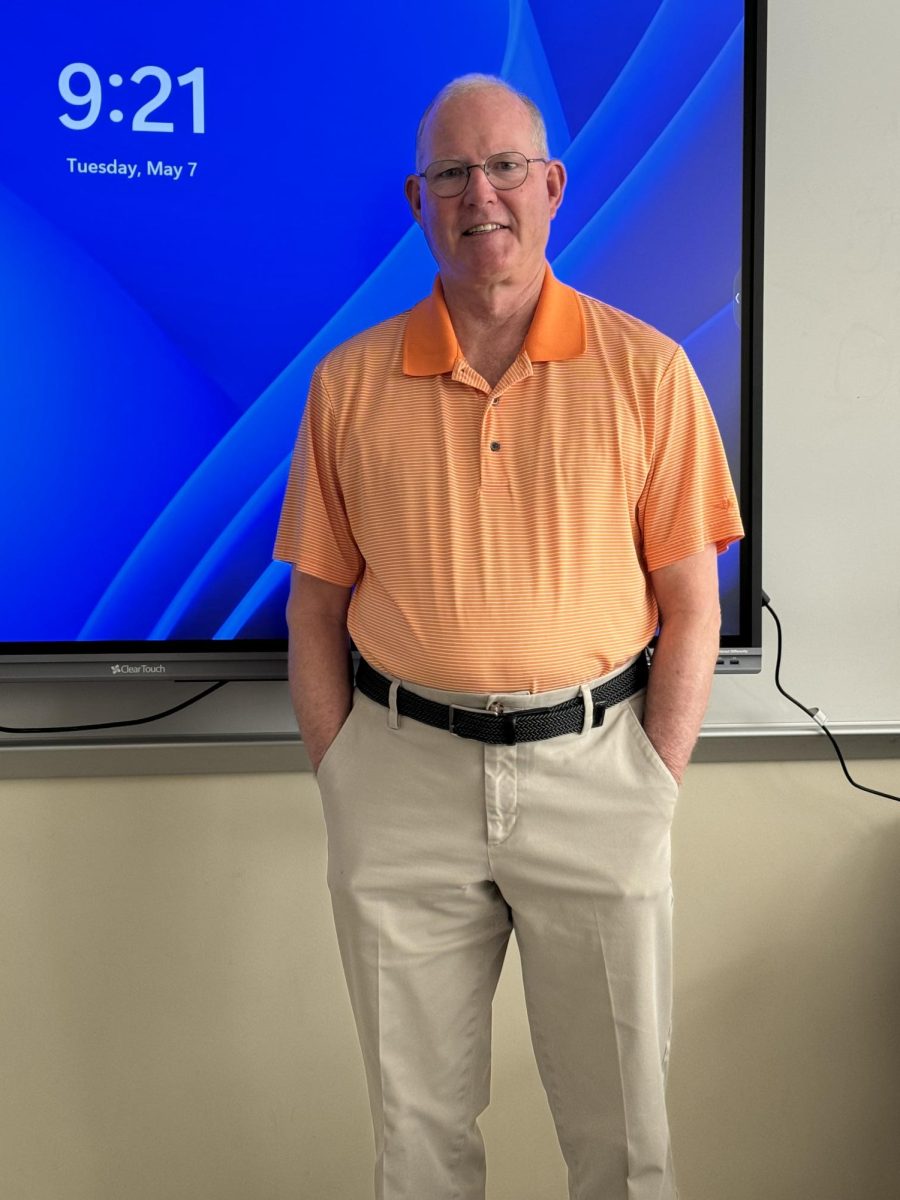
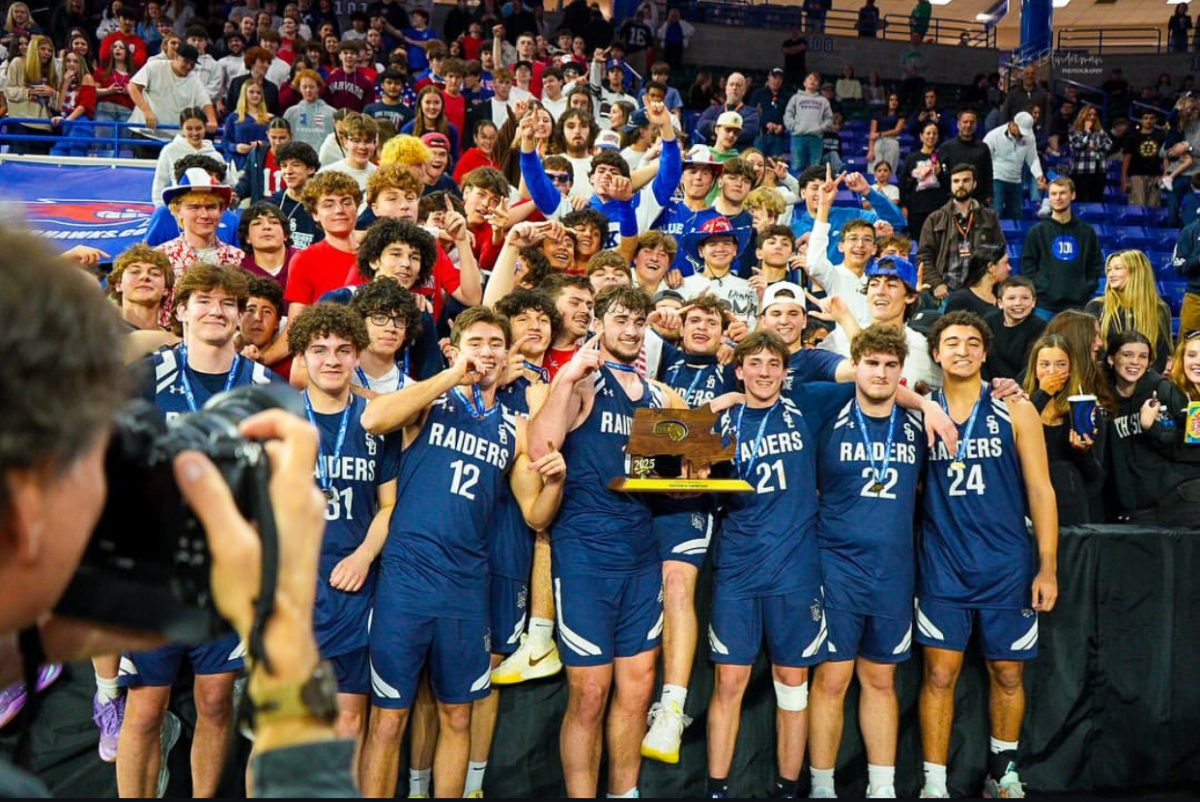
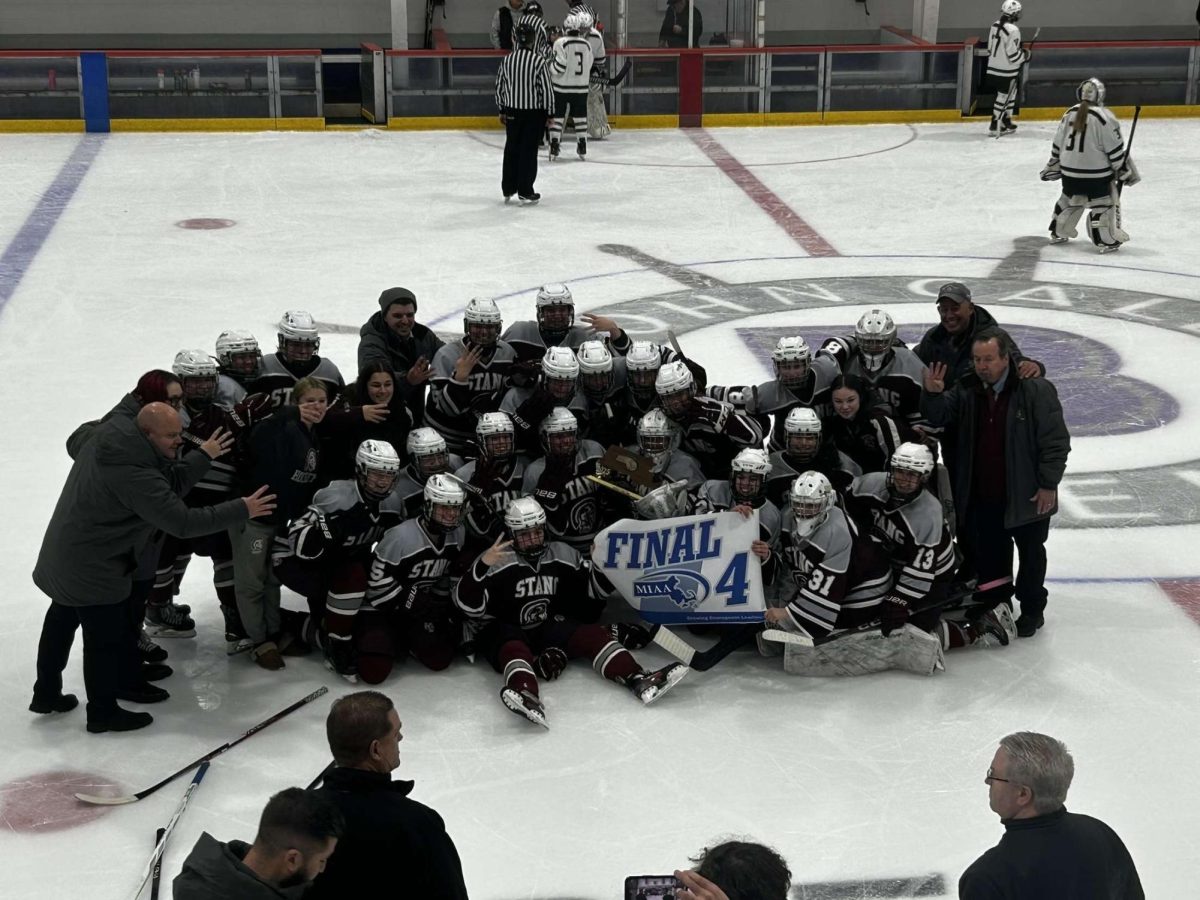

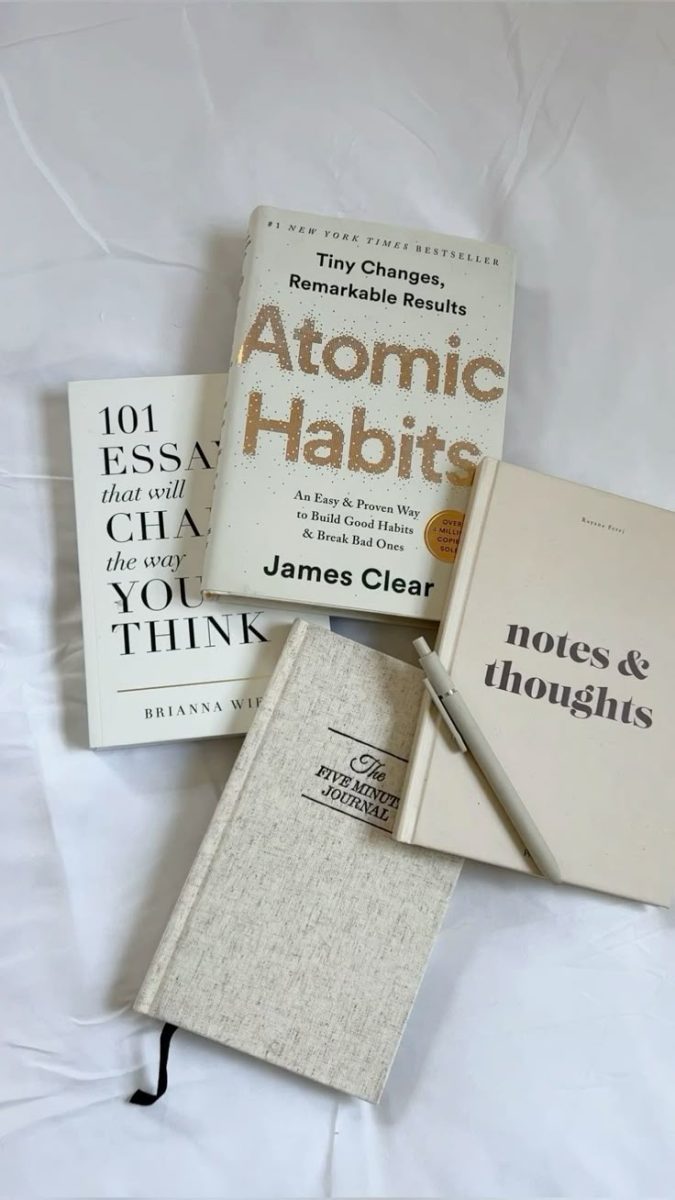
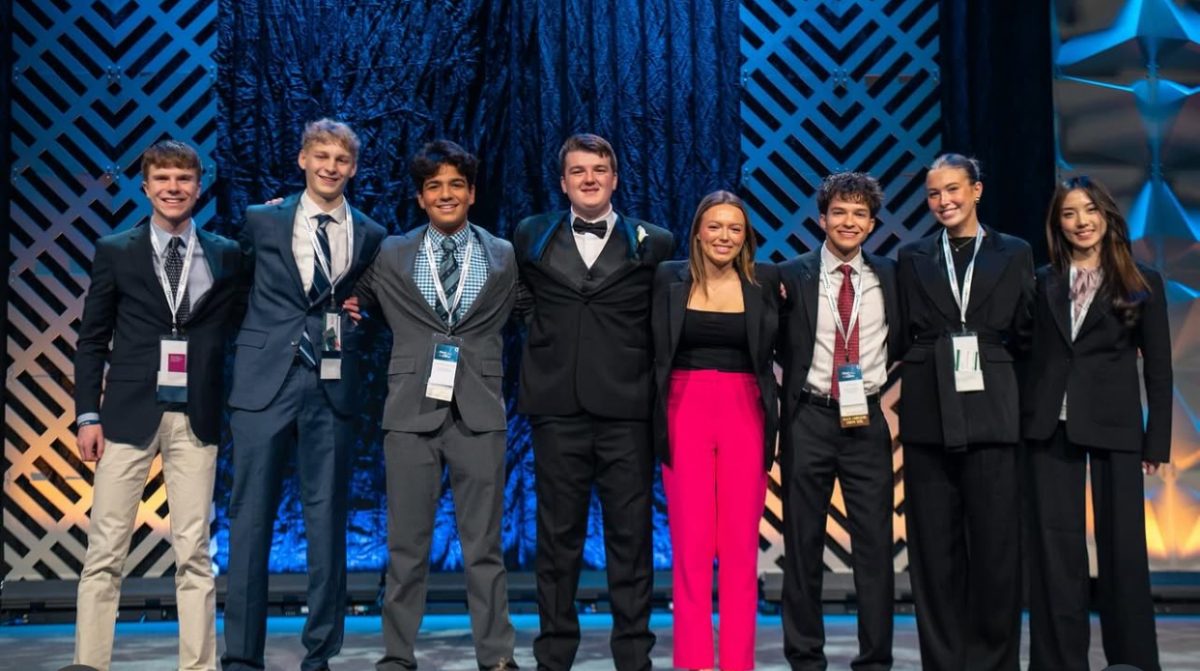
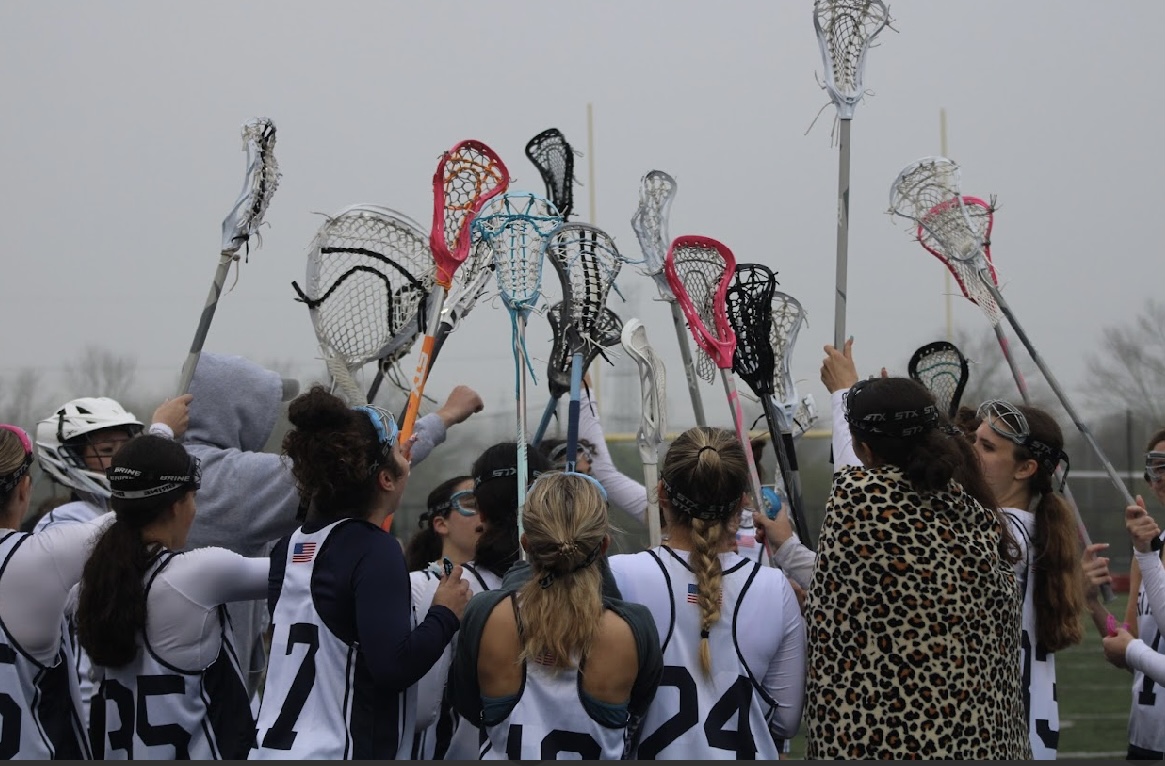

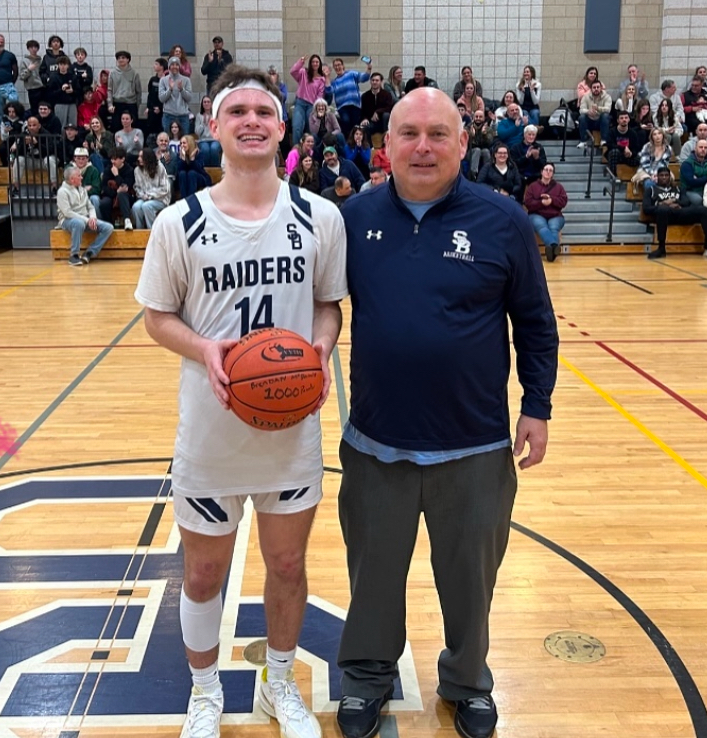

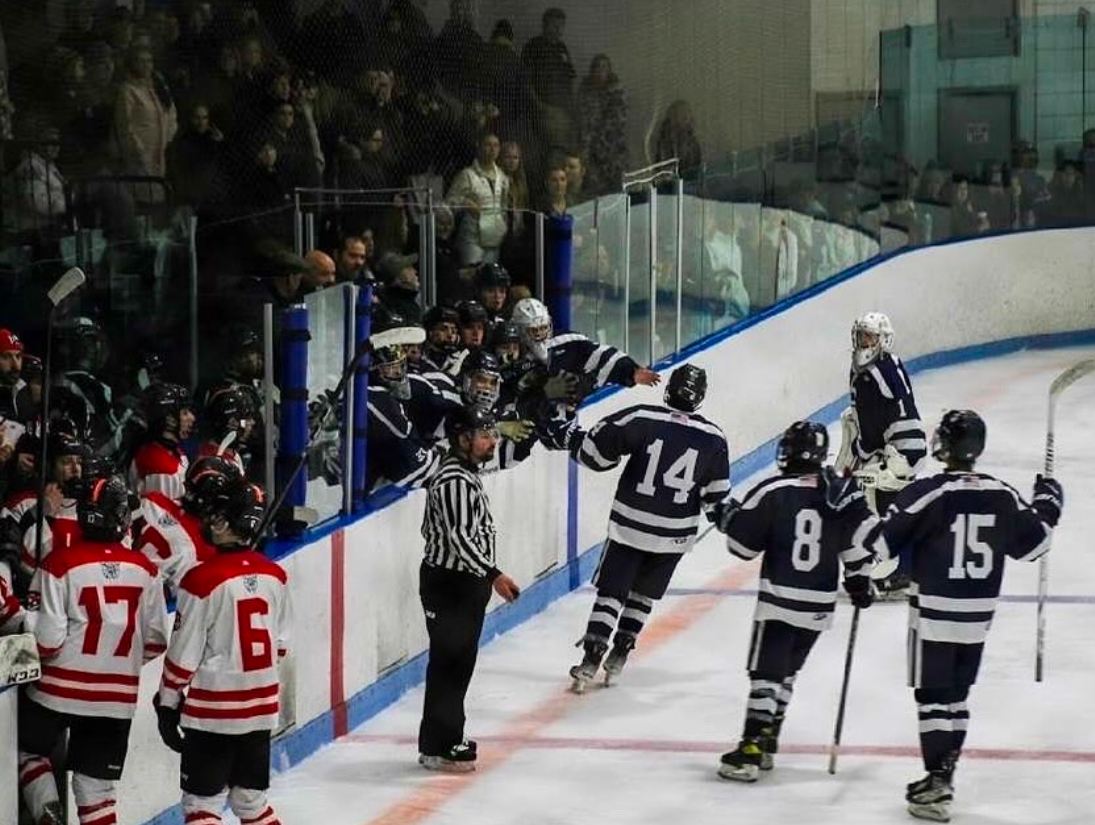
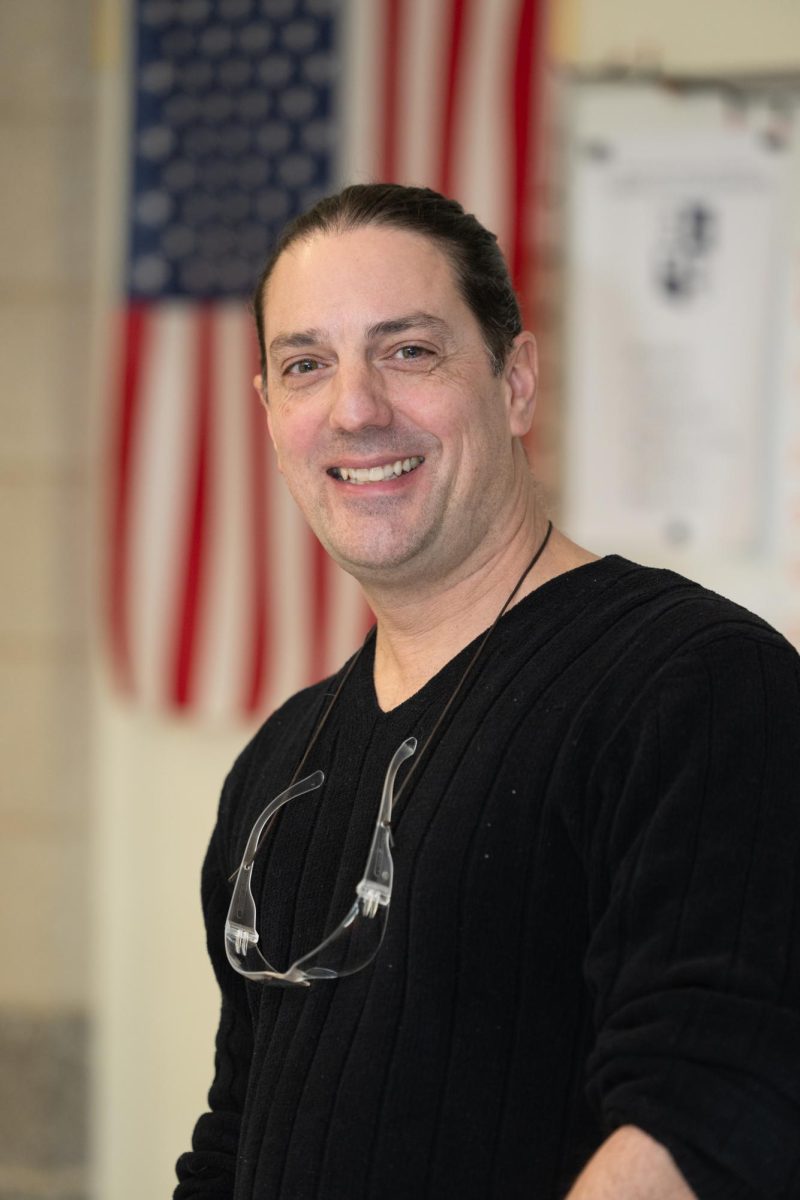

Henry LaTour • May 30, 2024 at 11:29 AM
I really liked Mr.Pettey’s class. Glad I got him for the last year.